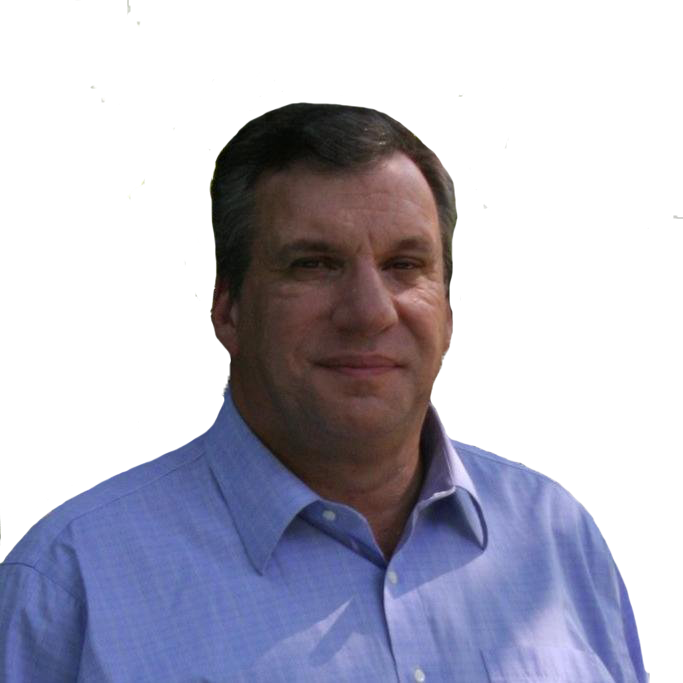
JOHN FEINSTEIN
Biography
John Feinstein was born in New York, N.Y., and graduated from Duke University in 1977. He began his newspaper career at the Washington Post as a sports intern and night police reporter. Feinstein has appeared on The Tony Kornheiser Show, Golf Channel and Comcast Sportsnet, has contributed to Sports Illustrated and commentated on National Public Radio.Feinstein has written 33 books and is working on his next, “The Triangle,” which details his relationships with college basketball coaches Mike Krzyzewski, Jim Valvano and Dean Smith. Feinstein contributes columns to the Washington Post sports section, Golf World magazine and Golf Digest.
Interview by Oliver Macklin
I grew up in the city—the west side of Manhattan. My parents moved down to Washington when I was a senior in high school. My dad got a job at the Kennedy Center, so they moved to Washington, D.C.
I stayed behind to finish high school. I was a swimmer and that was what would get me into college. If I had moved, I wouldn’t have been eligible to swim because of transfer rules, which were a lot more restrictive than they are now. So I stayed home, finished high school there and then came to work at The Washington Post when I graduated from college.
My parents said I wrote long letters home from camp, but that was it in terms of writing experience. I was a jock in high school — I swam and played baseball and played a fair amount of golf and tennis, so I didn’t really do anything academic.
My high school won the city swimming championship, my best sports moment. We came from behind — we had to win the last relay to win, and I anchored the last relay and we won. When I first started swimming — I didn’t swim until I was a freshman in high school—we were terrible and I was terrible. By my senior year, I wasn’t terrible and we weren’t terrible.
I broke my ankle in college, and a friend of mine who lived in the dorm said two things: The student newspaper was a very good place to meet girls and most of the liberals at Duke worked at the student newspaper.
I remember my freshman year (1973) was when Spiro Agnew resigned as vice president. It was the same day the Mets beat the Reds in Game 5 of the National League Championship Series that year.
When Agnew resigned, there were guys in my dorm crying and I was running down the hall with my hands in the air going, “Nixon’s next!” It was a little bit of a culture shock for me, but at the student paper there were liberals and there were girls.
I liked it right away, and I found writing easy because I write like I talk. It was never hard for me to write on deadline.
I started out doing news and then eventually started covering sports too. I initially covered the fencing team and the wrestling team. I liked it, and then when I started getting really interested in it by my junior year, “All the President’s Men” came out.
I read it five times and said, “That’s what I want to be. I want to be like those guys.” Of course everyone wanted to be like those guys back then and then the next year when the movie came out, I saw it three times the first day. So I was a little bit of a fanatic and that was when I knew I wanted to be a newspaper writer.
George Solomon hired me as a summer intern at The Post, a decision he outlived to regret. At the end of my internship, I was offered a chance to be the night police reporter. George wanted to hire me, but there were no openings in sports.
Len Downie was the Metro editor, who later became executive editor of the paper. George had assigned me a Fourth of July story on recreation in the city. It was a filler; there was nothing else going on.
We didn’t have a baseball team back then. I was supposed to go out and find out about recreation in the city, and I happened to go to a recreation center in Anacostia that was closed. It was supposed to be open. The city had put out a big press release about all these rec centers that would be open with activities, but the one in Anacostia wasn’t open.
I wrote a story about it, called the head of the rec department and said, “Why was it closed?” He didn’t have any idea. I guess Len Downie noticed the story because he commented on it to me. When George was talking to him about me, he (Downie) said he had an opening for a night police reporter.
Harry Rosenfeld was the Metro editor during Watergate and I went to college with his daughter. Harry came and said, “Would you be interested in going on the Metro staff as the night police reporter?” Well I had done news reporting in college and it was The Washington Post. I said yes.
I was the night police reporter for a year and then I covered cops and courts in Prince George’s County for another year. George offered me another job covering the Maryland football and basketball teams, so I went back to sports. I actually left after two and a half years because George wanted to put me on the Redskins beat and I didn’t want to cover the Redskins.
I first walked into the newsroom as a staff writer at The Washington Post when I had just graduated from college. That day, June 20, 1977, was the coolest day of my life. This was right after Watergate. Bob Woodward’s office was right next door to mine. He walked by me in and out of the office every day.
The first time I broke a story, my second week there, George had assigned me to cover the Washington Diplomats soccer team. I got a tip that they were going to fire their coach — they hadn’t scored a goal in four games. I ran the story down and wrote it. Because there was nothing going on (it was the end of June) and the Redskins hadn’t started training camp yet, George put it across the top of the sports page.
Woodward walks up to me and he says, “John, hi, I’m Bob Woodward.” I thought to myself, “No — you’re Bob Woodward!” I told him it was nice to meet him and he said, “Great job on the soccer coach today.” I broke the story because no one else cared about it besides me and maybe the coach’s family. I wish I had been quick enough to tell him, “Thanks, and nice job on Watergate,” but I wasn’t quick enough to say it.
This was Bob Woodward! This was The Washington Post! It was my dream in college. I wanted to work at The Post because at Duke you could get The Post and The Times, but The Post had a much better sports section. Lenny Shapiro was covering the Redskins, Ken Denlinger was the lead columnist and Shirley Povich was still writing — I mean giants of the business.
The political coverage too, was the best — there was so much space — and so that was my dream. There’s nothing I’m prouder of in the world, professionally, that I’ve been associated with The Post for as many years as I have. Would I prefer to cover New York teams day in and day out? Yes. Is there any place I would rather work than The Washington Post? No. I still to this day get a kick out of seeing my name in The Post. I always will.
Woodward has always been a hero, a friend and a mentor. I think he’s the best reporter who ever lived. David Maraniss is also a good friend and I think he’s great. David Halberstam, when he was alive — he’s the only person I would put anywhere near Woodward as a reporter. Maraniss is able to go back and forth from politics to sports and I love that sort of writing. When I was a kid I loved reading Theodore White, who wrote the original campaign books dating back to 1960, was the first guy to do that kind of inside reporting on campaigns.
Specifically in sports, Dave Kindred has been a great columnist for forever. I loved Jim Murray and Red Smith when they were alive. I think that Gary Smith (recently retired) was a great feature writer for Sports Illustrated. Of course, Dan Jenkins forever has been brilliant.
Frank Deford was who I wanted to be when I was a kid. I wanted to be able to write that well, and I had a chance to work for Frank briefly because he ran a publication called The National Sports Daily that was a seven-day-a-week all-sports daily newspaper. It was launched when the George H. W. Bush economy was failing, so we went out of business in 16 months, which was unfortunate because I had a great time working for him.
Deford, Woodward and Maraniss do two things very few people do. They’re so thorough in their reporting that they can confidently write as if they were inside someone’s head. If they say, “So-and-so was thinking,” chances are 99 times out of 100 that was what they were thinking. That’s what I have always tried to strive for: to let my readers know what someone really thinks about a situation, why somebody does something, what motivates them, what causes them to make mistakes when they make them. There are others who do it but those three have done it as well as anyone in my lifetime or my reading experience.
At times I wish I still wrote for The New York Times. I learned to read, reading the Times. I wrote for The Times briefly after The National folded in 1991. Neil Amdur, who was the sports editor at the paper back then and a friend of mine, asked me to do some stuff for them. And I did, until George came to me and asked me to come back as a contract guy at The Post.
I grew up in New York; I’m still a New Yorker at heart and the New York teams are my teams. I’m a Mets fan, I’m a Jets fan, and I’m an Islanders fan, but I’m not a Knicks fan anymore. I stopped rooting for them when Pat Riley coached the team.
I think I was like everybody. In the back of my mind I always wanted to write a book. I asked the late Dean Smith about writing a book on him. He said he wasn’t ready to do a book but it was in my mind. Then I developed this relationship with Bob Knight and he invited me to a dinner at the Final Four. I thought, “He’s inviting me into his inner circle.”
When I was in college, because I was ex-jock, I hung out with a lot of basketball players though Duke wasn’t any good back then. I knew the inner workings most people didn’t know. It gave me the idea that a book about what’s really going on behind the scenes would be great. So I proposed the idea to Knight and he said yes. That’s when I started writing my first book, “A Season on the Brink.”
Knight wasn’t my favorite coach to cover. It wasn’t a fun experience, but it was a fascinating one. Jim Valvano was one of my favorites. He was tremendous and fun to be around because he was so funny and such a good storyteller. Gary Williams was great when he was coaching at Maryland. I always enjoyed Gary because he’s a good guy, honest and so intense. Dean Smith was always interesting to be around because he was so smart. He never said anything without figuring out the angle. Mike Krzyzewski was smart and well-spoken. I had the privilege to know some of them before they were stars.
Len Bias was one of my favorite athletes to cover. I covered him his sophomore and junior years and saw him evolve as a player. He was a mama’s boy. He would go home on the weekends to get his mother to do his laundry for him. I didn’t know the troubles he developed his senior year. He pushed Lefty Driesell off to the side and was associating himself with the wrong crew. It was not a good situation, but I liked Lenny.
(Golfer) Paul Goydos is another athlete I enjoy covering. I met him because he was one of the low guys at the Buick Open. The public relations men were debating about whether to bring Paul to the interview room. They decided to bring him in because he’s well-spoken.
I walked in the back of the room, and the first thing I heard him say was, “I know most of you have never heard of me, and that’s because I’ve never done anything.” I said, “I’ve got to meet this guy.” I went up to him and said, “Paul, I’m writing a book on the PGA Tour and I’d love to sit down and meet you.” He told me, “You’re wasting your time writing a book on golf. No one’s going to buy it.” I told him, “Thank God you’re a golfer and not my agent.”
When Tiger Woods first came on the tour, he was getting everyone to line up and kiss his ass. I thought he behaved very badly on a couple of occasions. In 1996, he wasn’t a member of the tour yet, so he had to play on sponsor exemptions. He was supposed to get the award for college golfer of the year. The PGA Tour worked the award dinner around Tiger’s schedule. He said he was tired, withdrew from the tournament he was supposed to play in before the ceremony and didn’t even stay for the dinner. You can’t possibly be too tired to go to dinner — he simply didn’t care — and I wrote it.
***
Being a good author is all about the reporting; it’s about developing sources and it’s about recognizing a story. If I’ve ever had a strong point, it’s that I’ve always been pretty good at recognizing a story. George and I used to fight all the time because I would come up with a story idea and he’d shoot it down and say, “No, no. Write about the Redskins.”
At the 1984 Olympics, I covered gymnastics one morning and I was riding the media bus back to the media center. The public relations crew used to put up a daily bulletin about the events going on at the event and I read a squib that read, “American Greco-Roman wrestler Jeff Blatnick, who came back after having his spleen removed because of Non-Hodgkin lymphoma, will wrestle for the gold medal tonight.” I thought it’d be a pretty good story, especially if he wins. When I got back to the media center, George was there and I said, “Hey George, you don’t have me doing anything tonight?”
He said, “No, no. You have tonight off.”
There were three sessions—morning, afternoon and night—and generally speaking, each reporter would work two of the sessions. I had the evening off, but I told him I wanted to go to Anaheim because there was a story about this Greco-Roman wrestler.
George said, “It’s a bleeder. Don’t waste your time. I’m not giving you any space.”
I said, “That’s fine, I’m going to go anyway.”
I’m at the Olympics! What am I going to do? Go back to my hotel room and sit and watch on television? So I went. The bus got lost, but we got there. I was the only American reporter in the building, because Greco-Roman wrestling was basically a European sport, other than the guy from The L.A. Times, who was just sitting there recording results. The guy who was running the venue for United States Olympic Committee was Butch Henry, who was the sports information director at University of Arizona.
I knew Butch a little and he said, “What are you doing here?”
And I said, “Well, this guy Blatnick seems like a great story!”
He said, “He’s a great guy. Come here, I’ll introduce you to his parents.”
Butch introduces me to Jeff’s parents before he wrestles and they’re really nice people. They told me that in addition to Jeff beating cancer, they had another son, David, who had been killed in a car crash — like stuff you can’t make up. Jeff wrestles; he wins. Tears are rolling down his face and they interview him and he goes, “I’m a happy dude!”
It was the first time I had ever heard anyone say “dude.” Butch Henry takes me past security where there isn’t supposed to be any media, back to where the athletes are drug-tested. Jeff’s mom and dad are waiting and they’re crying and telling me the whole story again. Jeff comes out after his drug test and gives his dad a hug. Then, he takes the gold medal off his neck and puts it around his mother’s neck and he says, “This is for David.” I’m standing there crying — I mean you couldn’t not cry.
I interview him and I go back to my seat, grab the phone — we didn’t have cellphones back then — and call George and he says, “Where have you been?”
I said, “Well, I was interviewing Blatnick! Did you hear that he won? You’ve got to give me more space, it’s a great—”
He said, “Shut up and start writing.”
“What? What?” I said. “How much space have I got?”
“Write all you want,” he told me.
I said, “What are you talking about?”
George said, “Len Downie was watching on television. He wants it for A1!”
I ended up writing 40 inches. There’s this huge picture of Blatnick on the medal stand with tears coming down his face. I was the only reporter who had the story and George had to admit that I was right — that was the best part. Never assume that someone has to be a superstar to have a story to tell. I’ve always thought that almost everybody has a story.
I still remember when I was working on my first baseball book and I was at the winter meetings. There was a rumor that the Mets were about to make a big trade. The Mets had just called a 2 o’clock press conference to announce a trade and I ran into Jeff Torborg, who was the Mets’ manager.
“Jeff, is this the big trade?” I said.
“For the guys getting traded it is,” he said.
I’ve always tried to remember that. When we look at the paper every day and see that a player got sent down to the minors, a player got released — lives change. Families’ lives change. That’s basically what my new baseball book is all about. That’s why I wrote The Last Amateurs, my book on Patriot League basketball, because I thought they would be good stories — even though they weren’t ACC players; they weren’t going to play in the NBA — and they were good stories.
“Don’t get pigeonholed,” I tell aspiring journalists. The best thing that ever happened to me as a reporter was covering cops, covering courts and covering politics. When people say to me they want to be sportswriters, I tell them it’s fine, but cover other things. It broadens you as a reporter when you have knocked on the door of a family who has just had a child killed. It’s never hard to go into a losing locker room. It increases your understanding of how important it is to get all of the facts right.
When you’re talking about literal life-and-death situations as opposed to who got the second assist, you understand you damn well better not screw it up. You better not misquote anybody. You better not exaggerate anything. I was dealing with life-or-death situations and I was dealing with cops who didn’t mess around.
Do as many different things as you can along the way because you’ll be better and it will probably open more doors for you. I covered a murder case when I was at The Post about a black kid who killed two white cops. The emotion in that trial made any ballgame you’ve ever wanted to see look like nothing. It not only taught me that you better get every detail right every day, but it also taught me about getting sources so you can be ahead of the curve.
I have never used the word “tragic” to describe something in sports and I never will. There has never been a tragic loss in the history of sports. I even hesitate to use the word “devastating.” I’ve seen what real devastation looks like. Devastation isn’t losing a game — disappointing? Maybe.
I remember Tom Glavine the last game of the 2007 season, the year I wrote a book on he and Mike Mussina. Glavine pitched for the Mets, and they were tied for first with the Phillies. If they both won or both lost they were going to play off, but if one team won and the other lost, obviously the winner would win the division. Tom was going to be in the Hall of Fame the next year but pitched one-third of an inning and gave up seven runs.
He got pulled from the game, his last game as a Met, after hitting Dontrelle Willis, the opposing pitcher, on an 0-2 pitch. Tom would never duck the media, and after the game, he came into the interview room — I hate interview rooms, by the way — and somebody said, “How devastating is this?” Tom said, “A child with cancer is devastating. This is disappointing. I hate that I pitched so badly and wish the outcome had been different. But I’m not going to sit here and call this devastating.”
Well, there were 55,000 fans driving out of the parking lot that were pretty devastated. Tom got crushed for it and it was ironic. When I wrote about it in the book, I said I could completely understand the reaction of the fans because it sounded like he said it wasn’t a big deal. I also admired Glavine for understanding that it was a big deal, but it wasn’t life or death. I’ve always had a different perspective than most sportswriters because I covered life and death.
I never wanted to be anything other than a journalist. I had done some teaching and I enjoyed it. I taught journalism. The only other thing I would have done, since I would have never been a good enough athlete to be a professional athlete, would have been to coach something — maybe swimming, maybe baseball, maybe basketball. From the time I first walked in the door at the student newspaper at Duke, being a sports journalist is what I was destined to do.
Jack Godfrey, who passed away in November of 2014, contributed to this piece.
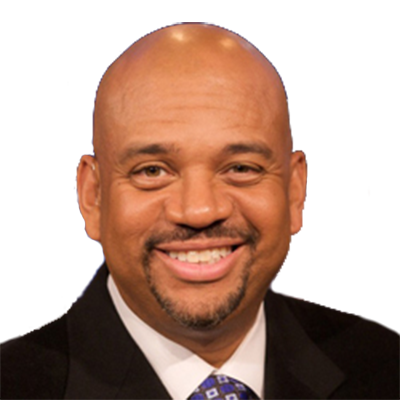 Michael Wilbon
Michael Wilbon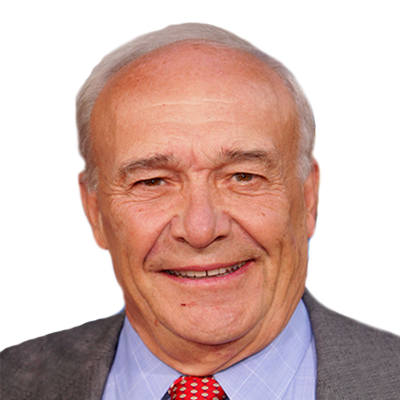 Bill Nack
Bill Nack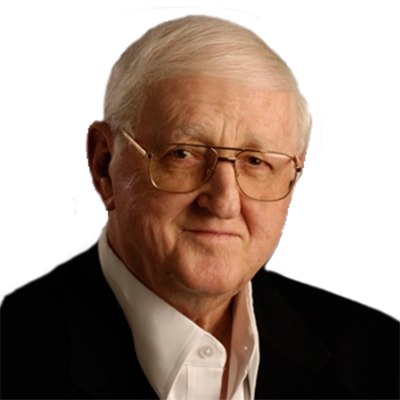 Dan Jenkins
Dan Jenkins Sally Jenkins
Sally Jenkins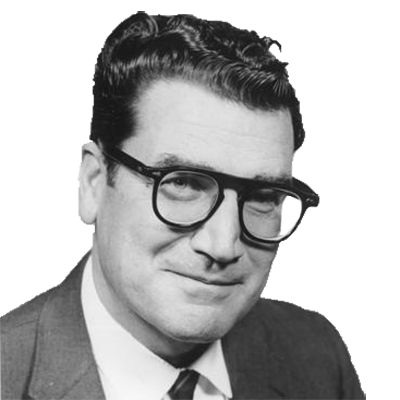 Jim Murray
Jim Murray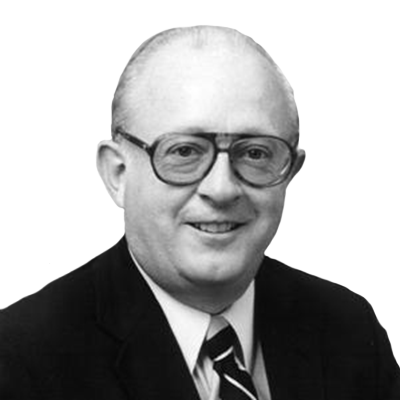 Dave Anderson
Dave Anderson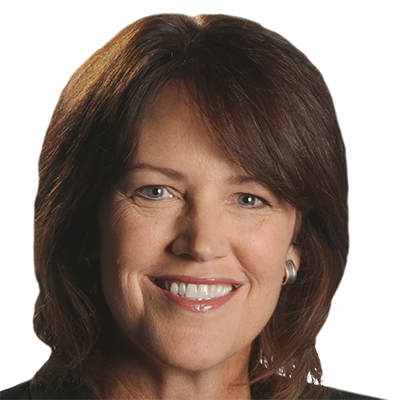 Christine Brennan
Christine Brennan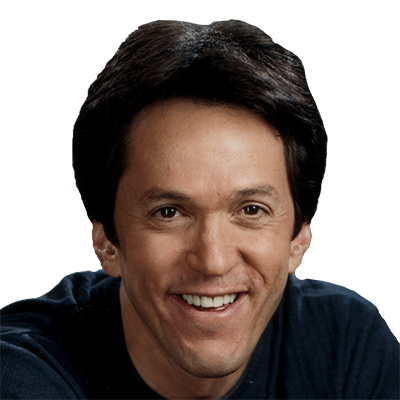 Mitch Albom
Mitch Albom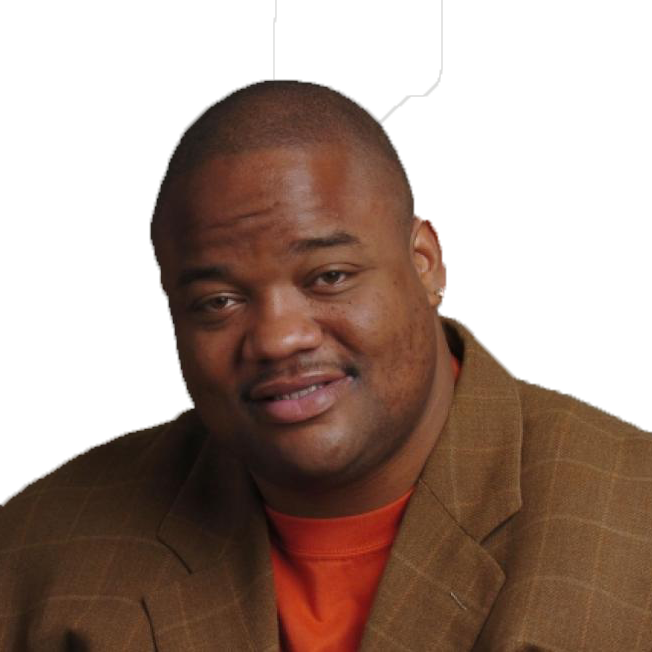 Jason Whitlock
Jason Whitlock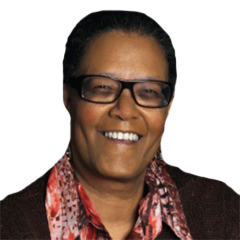 Claire Smith
Claire Smith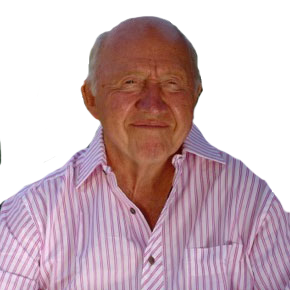 Bud Collins
Bud Collins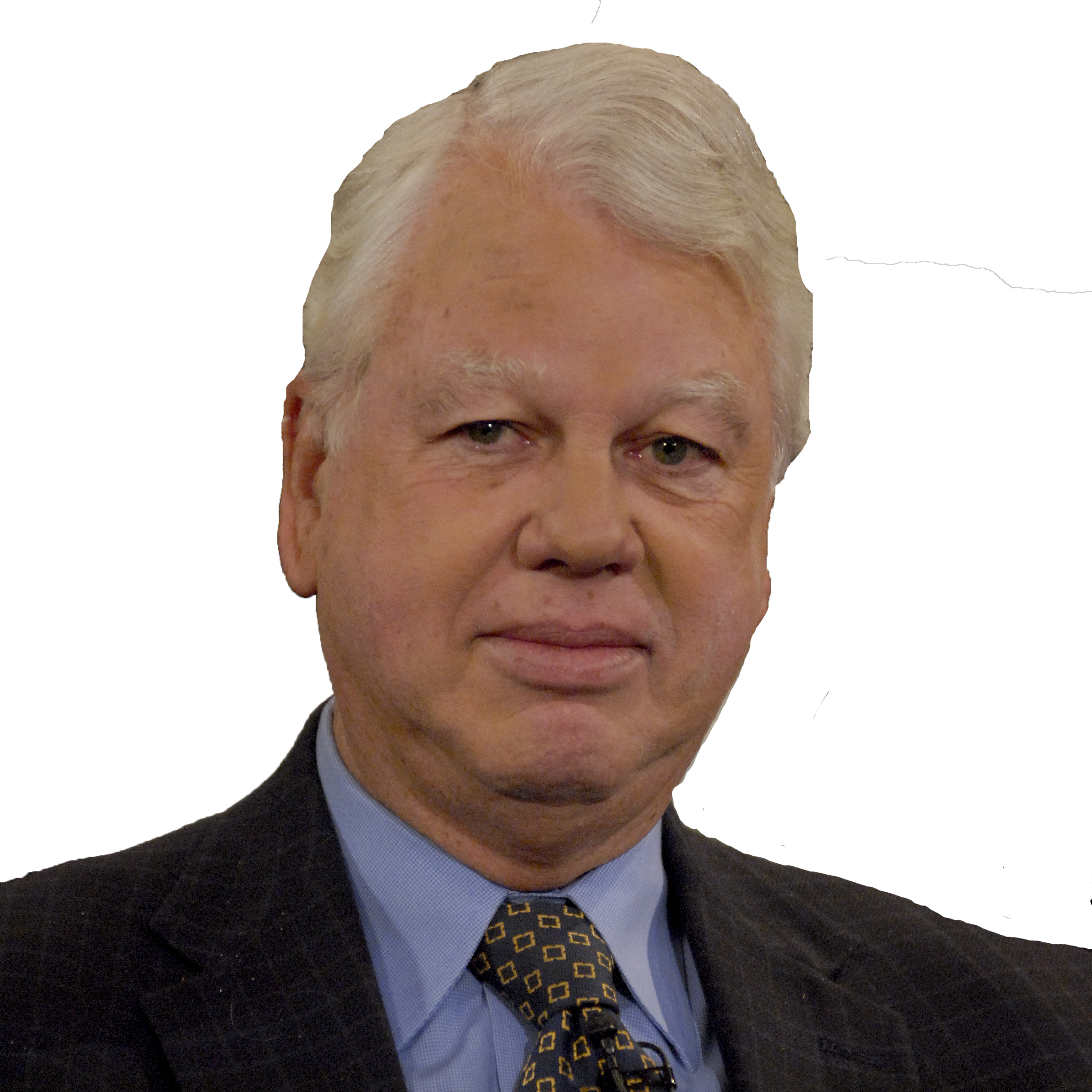 Bob Ryan
Bob Ryan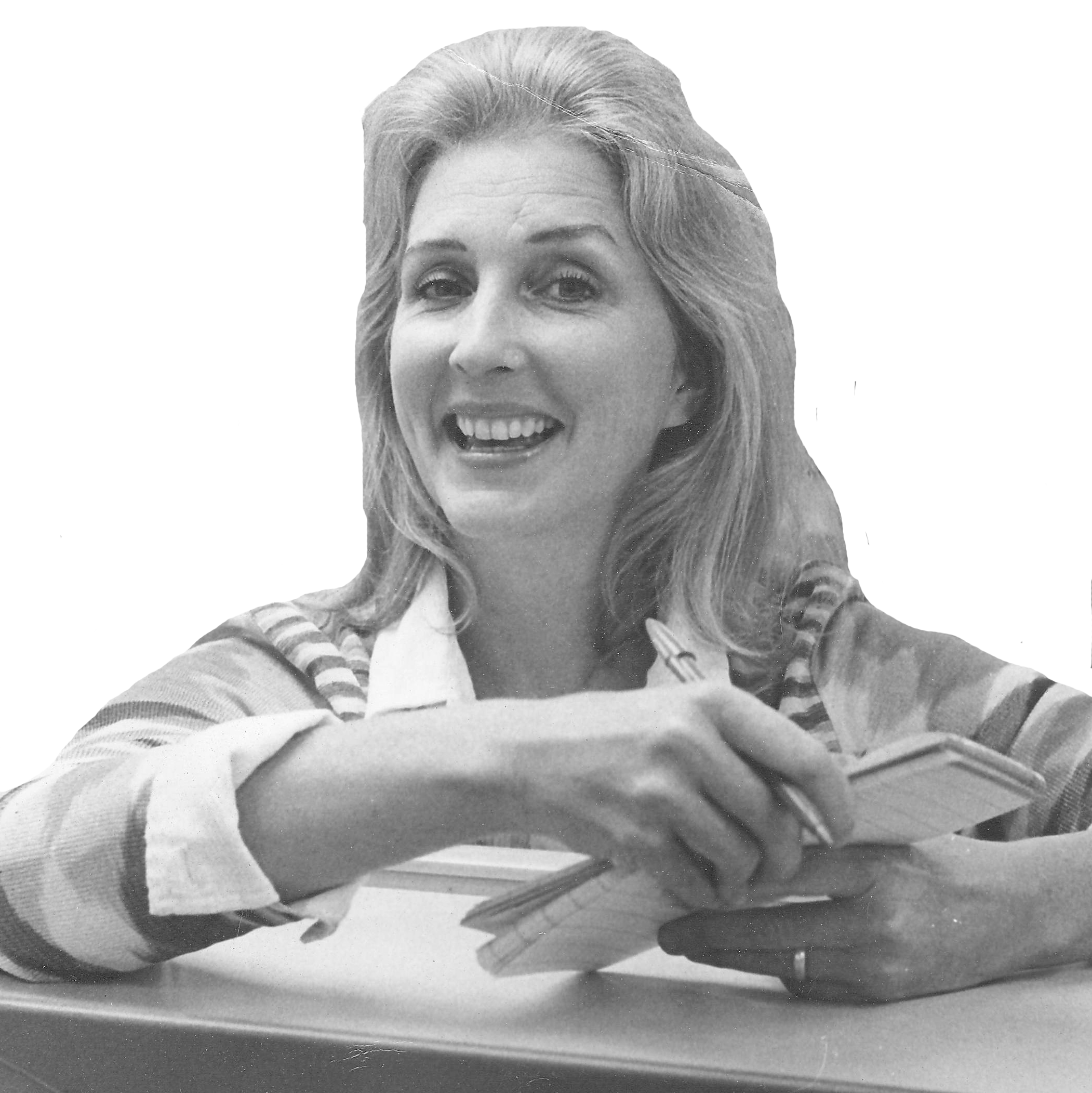 Joan Ryan
Joan Ryan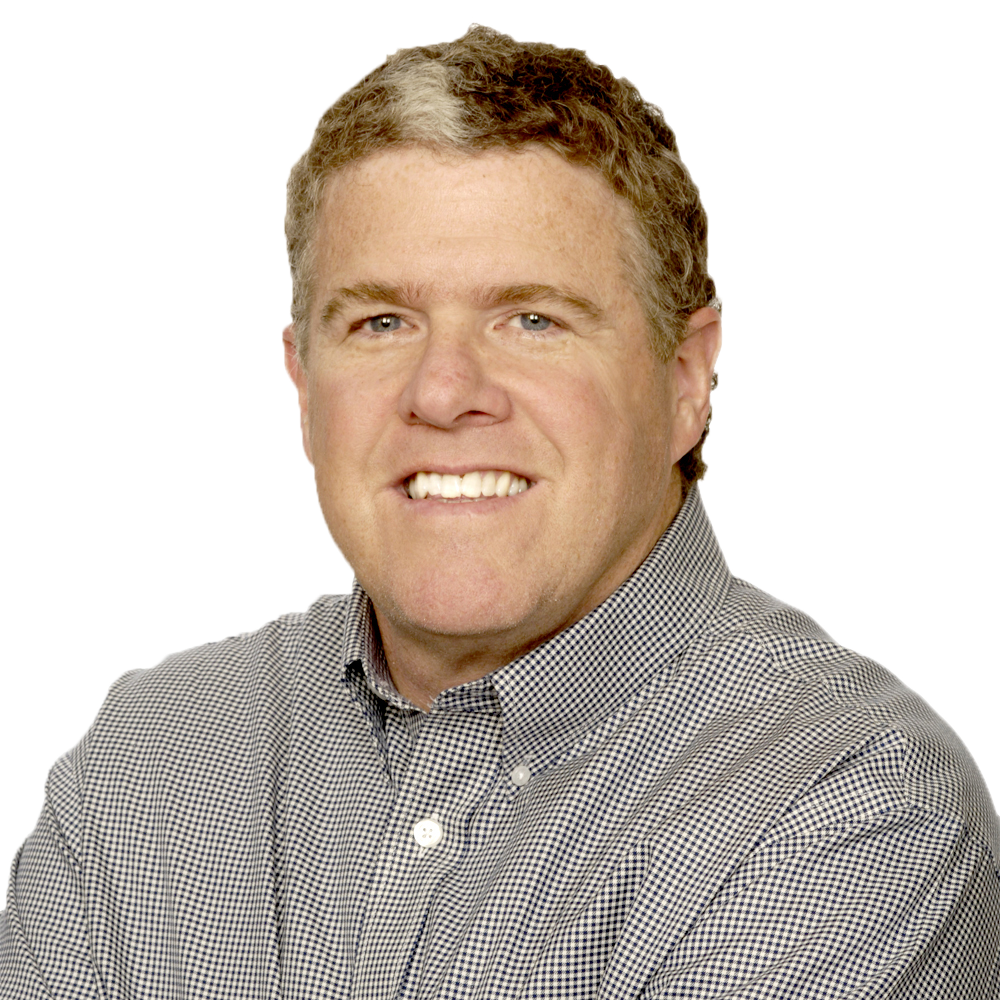 Peter King
Peter King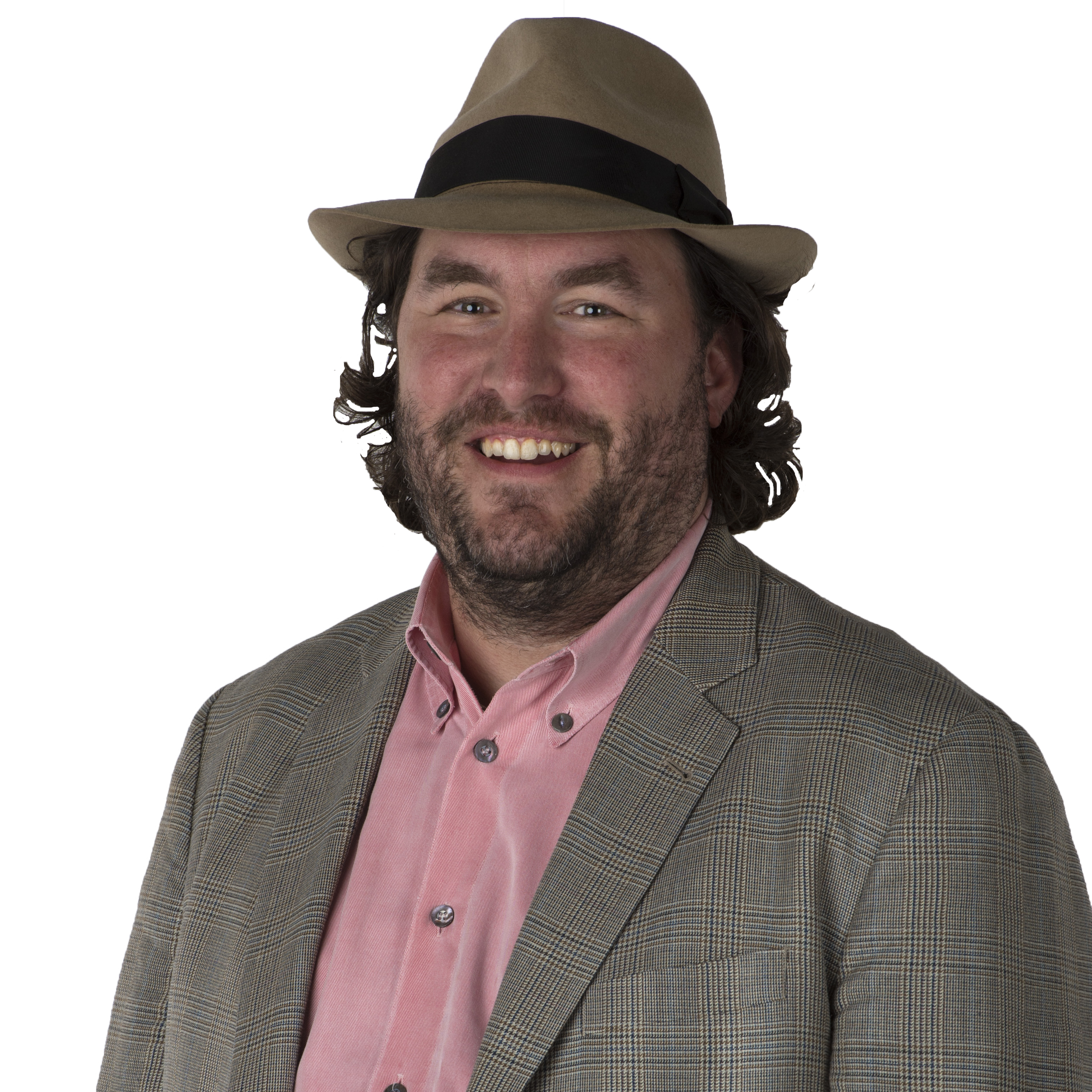 Wright Thompson
Wright Thompson John Feinstein
John Feinstein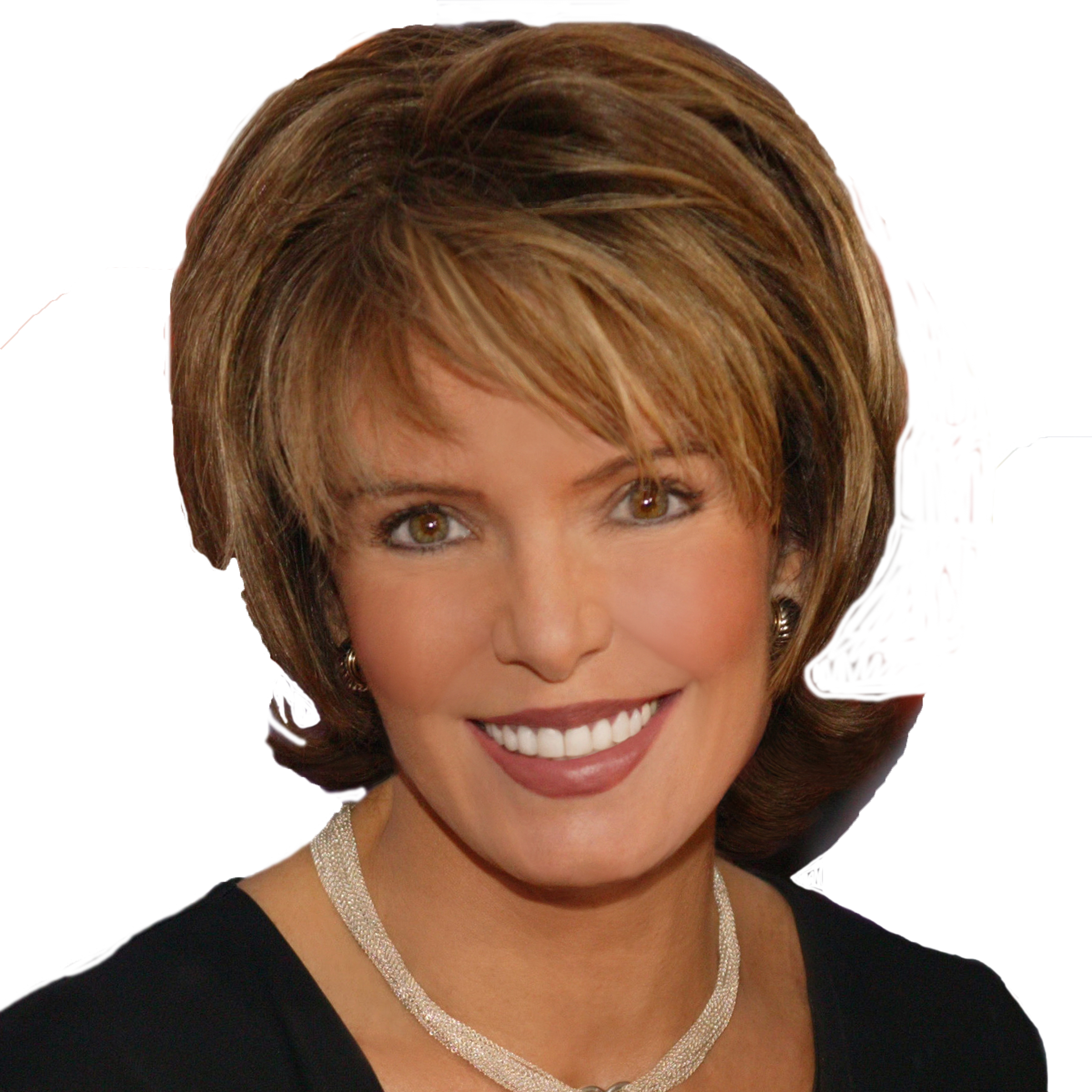 Lesley Visser
Lesley Visser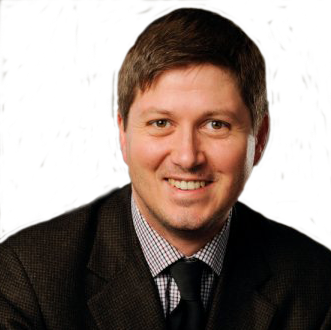 Will Leitch
Will Leitch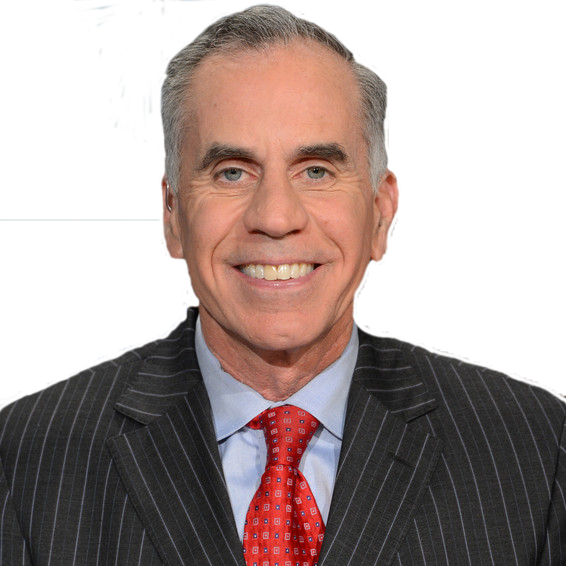 Tim Kurkjian
Tim Kurkjian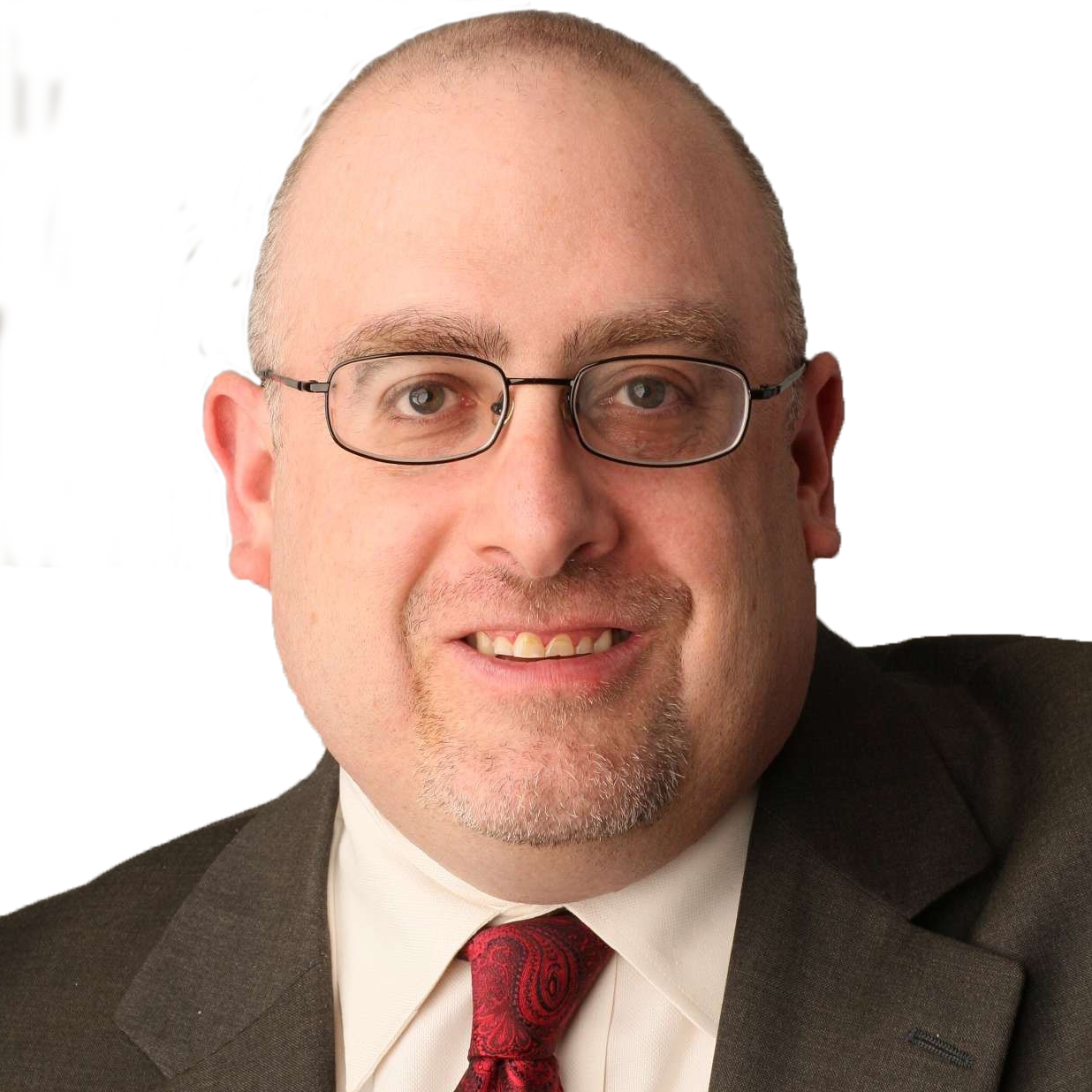 Joe Posnanski
Joe Posnanski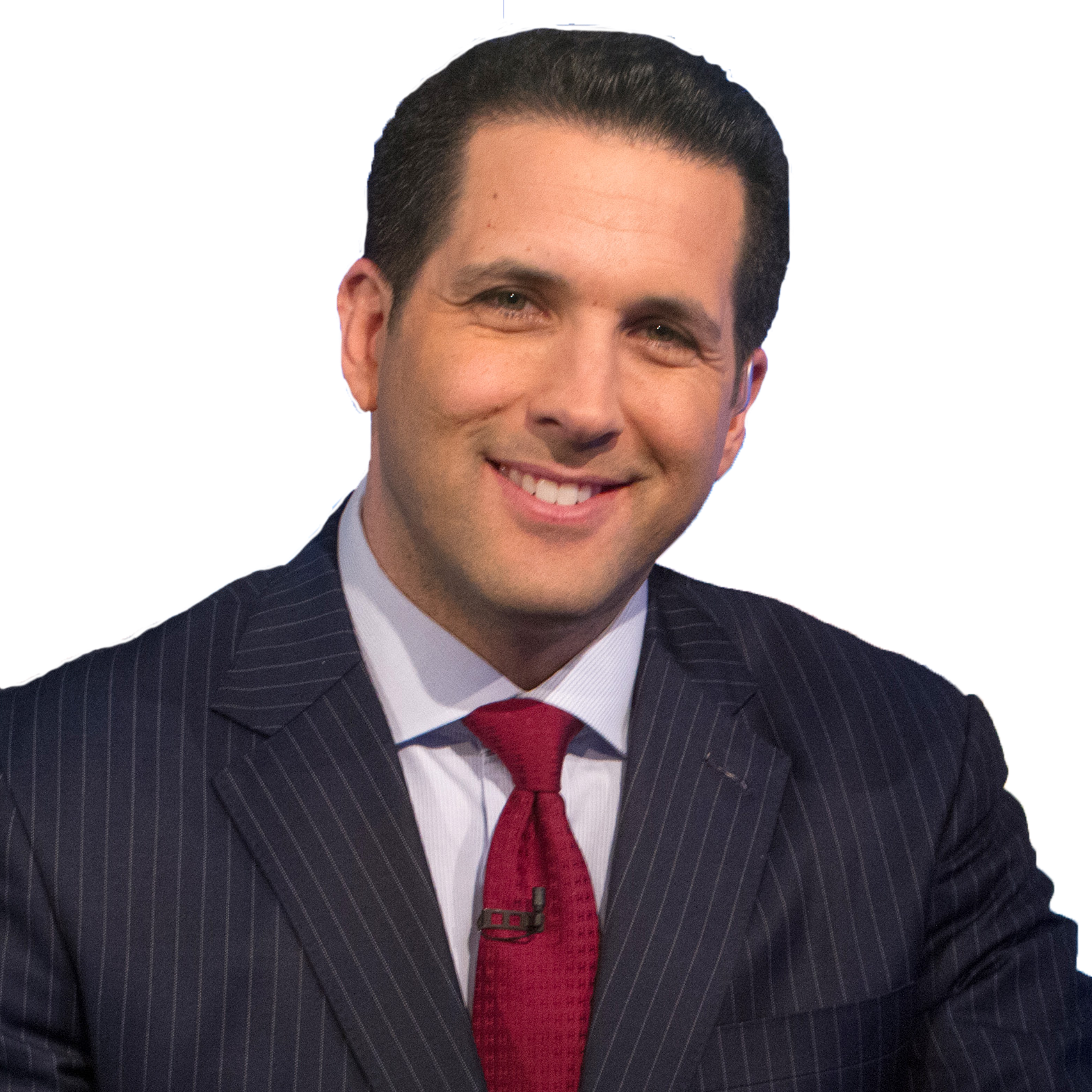 Adam Schefter
Adam Schefter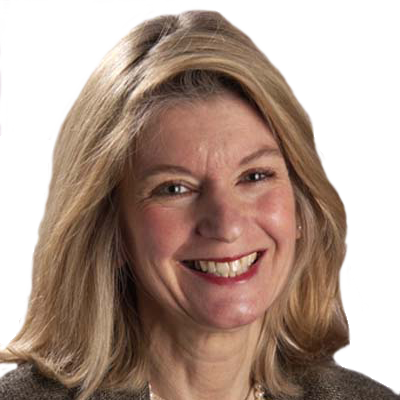 Terry Taylor
Terry Taylor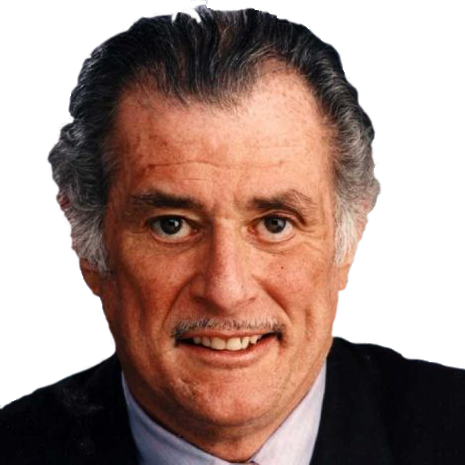 Frank Deford
Frank Deford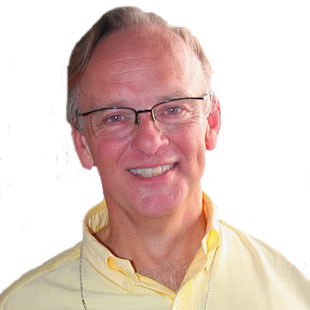 Tom Boswell
Tom Boswell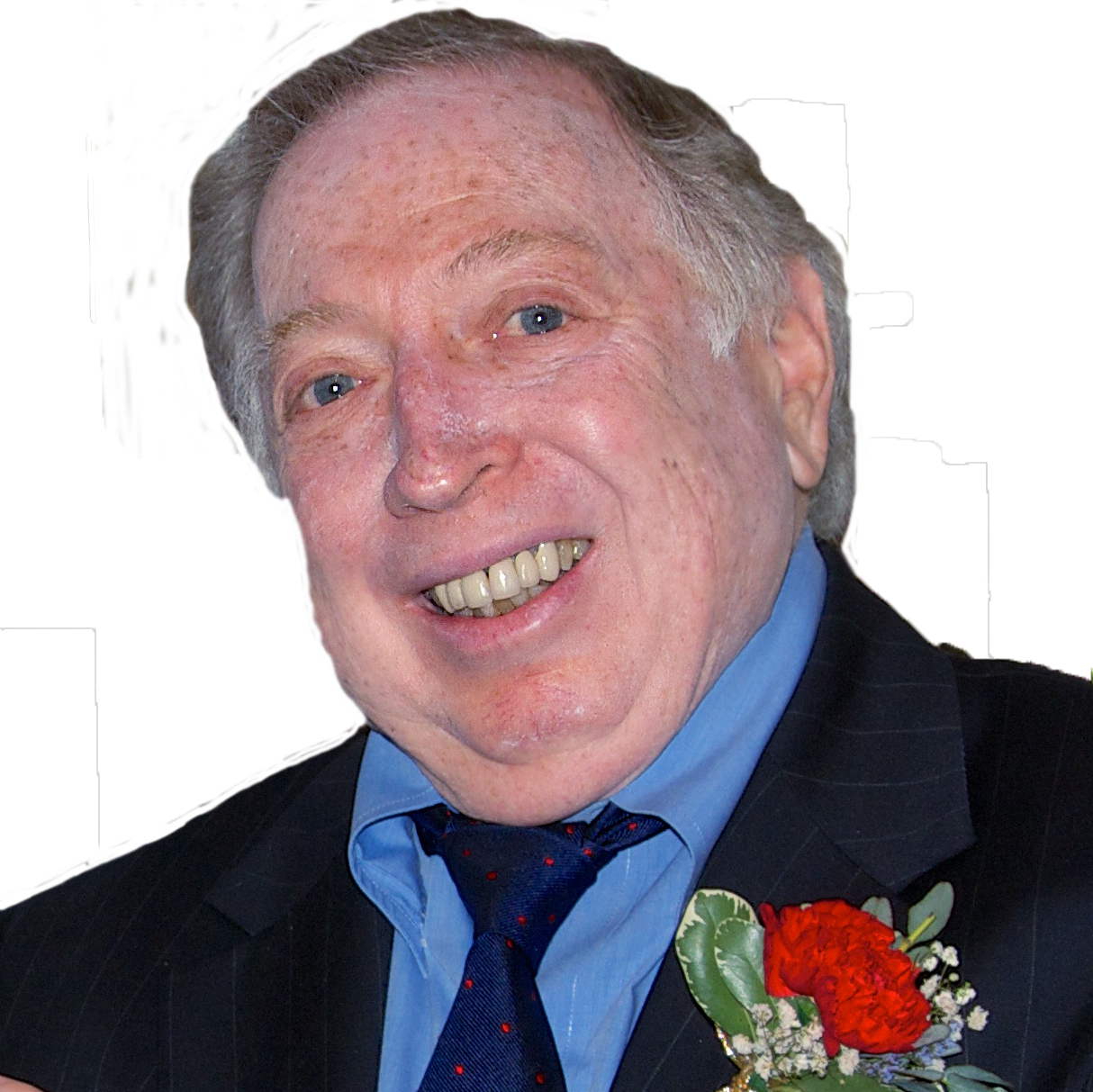 Neil Leifer
Neil Leifer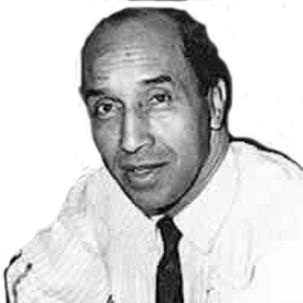 Sam Lacy
Sam Lacy Jane Leavy
Jane Leavy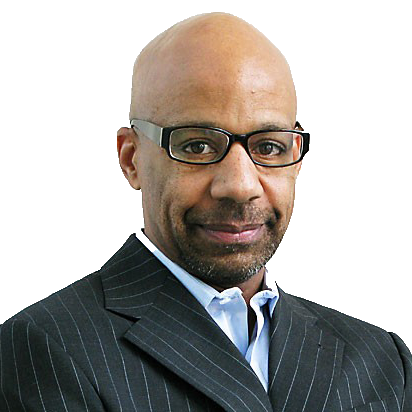 Kevin Blackistone
Kevin Blackistone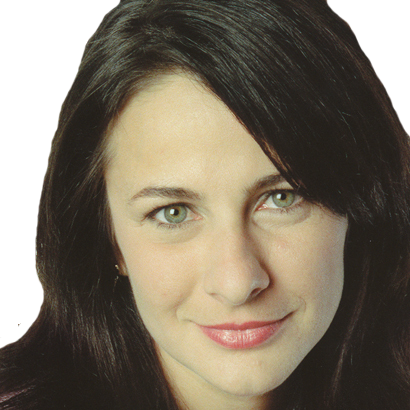 Juliet Macur
Juliet Macur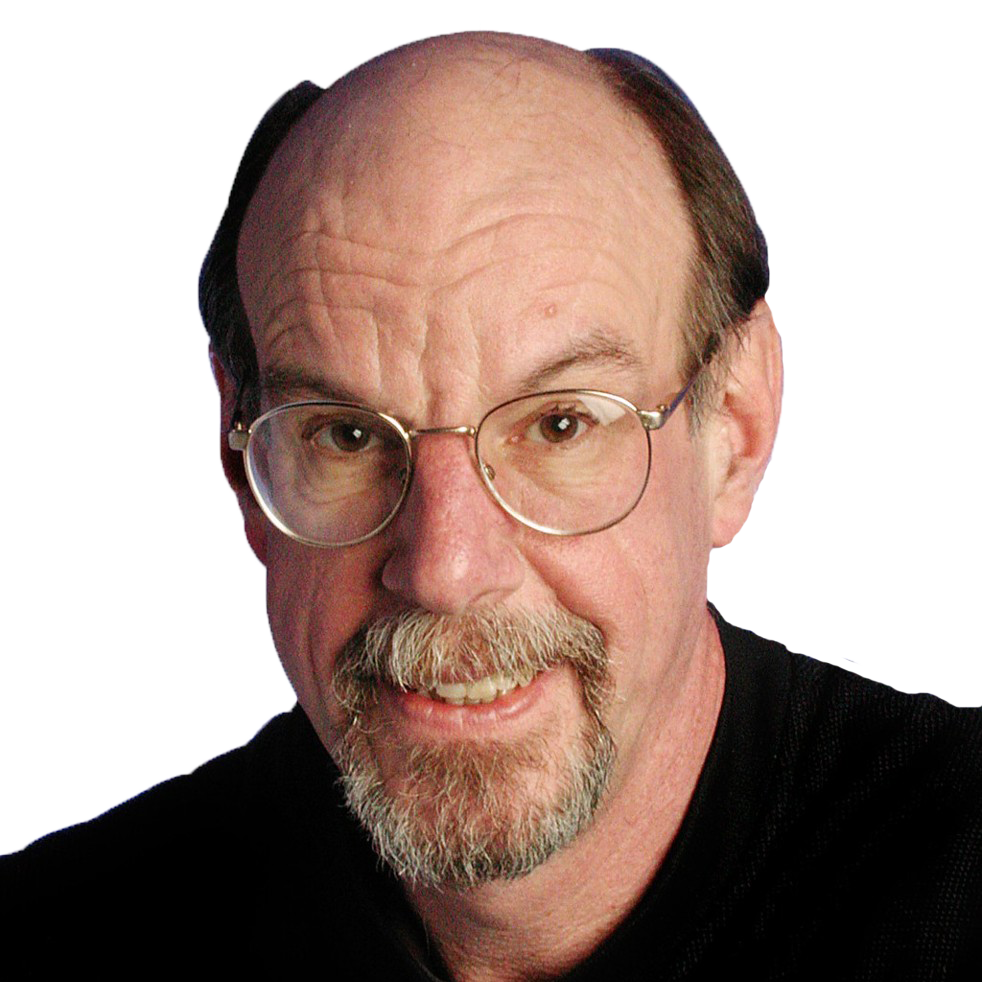 Andrew Beyer
Andrew Beyer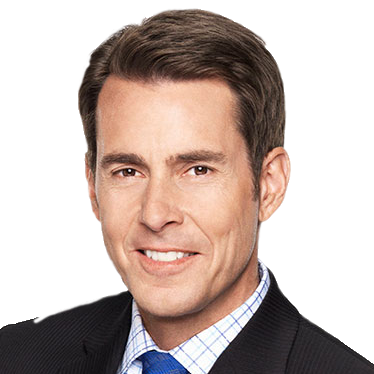 Tom Verducci
Tom Verducci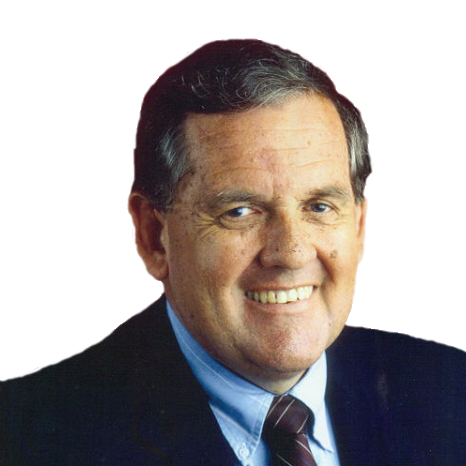 Hubert Mizell
Hubert Mizell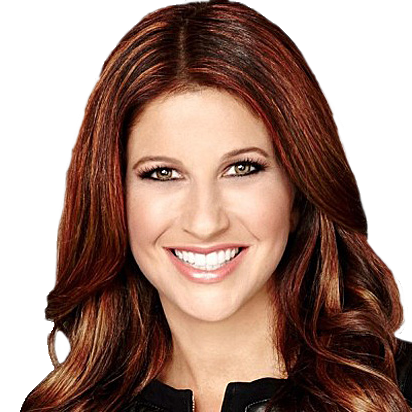 Rachel Nichols
Rachel Nichols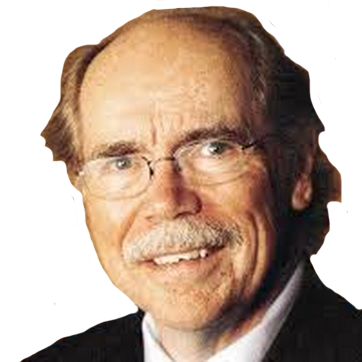 Dave Kindred
Dave Kindred Mike Lupica
Mike Lupica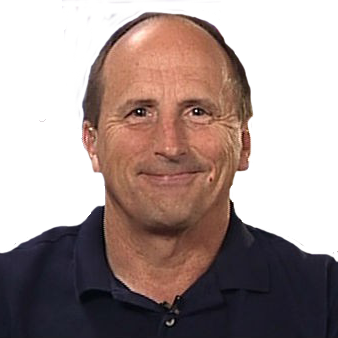 Richard Justice
Richard Justice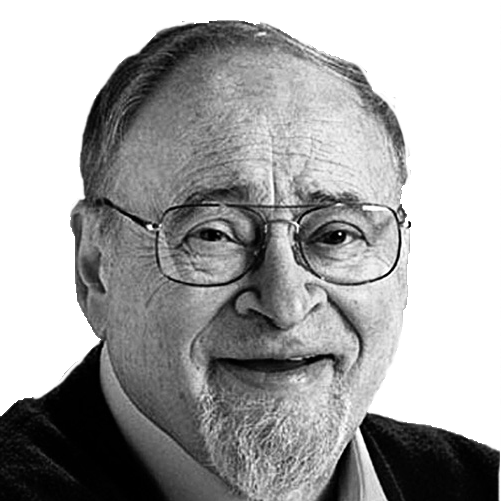 Jerry Izenberg
Jerry Izenberg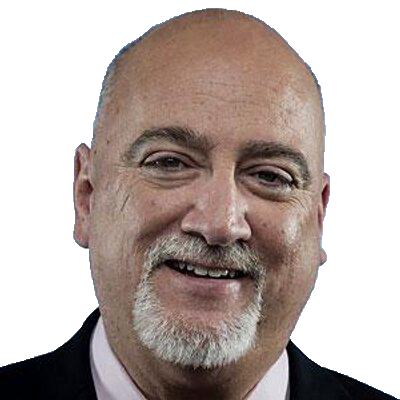 Bill Plaschke
Bill Plaschke Kevin Van Valkenburg
Kevin Van Valkenburg George Vecsey
George Vecsey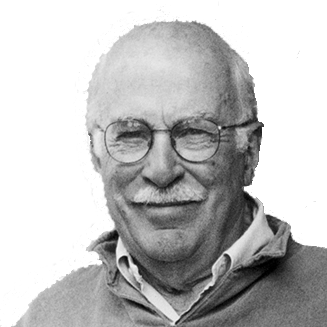 Roger Angell
Roger Angell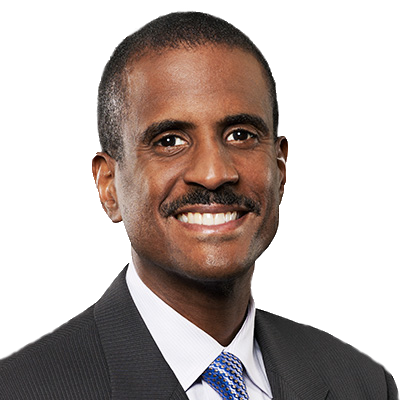 David Aldridge
David Aldridge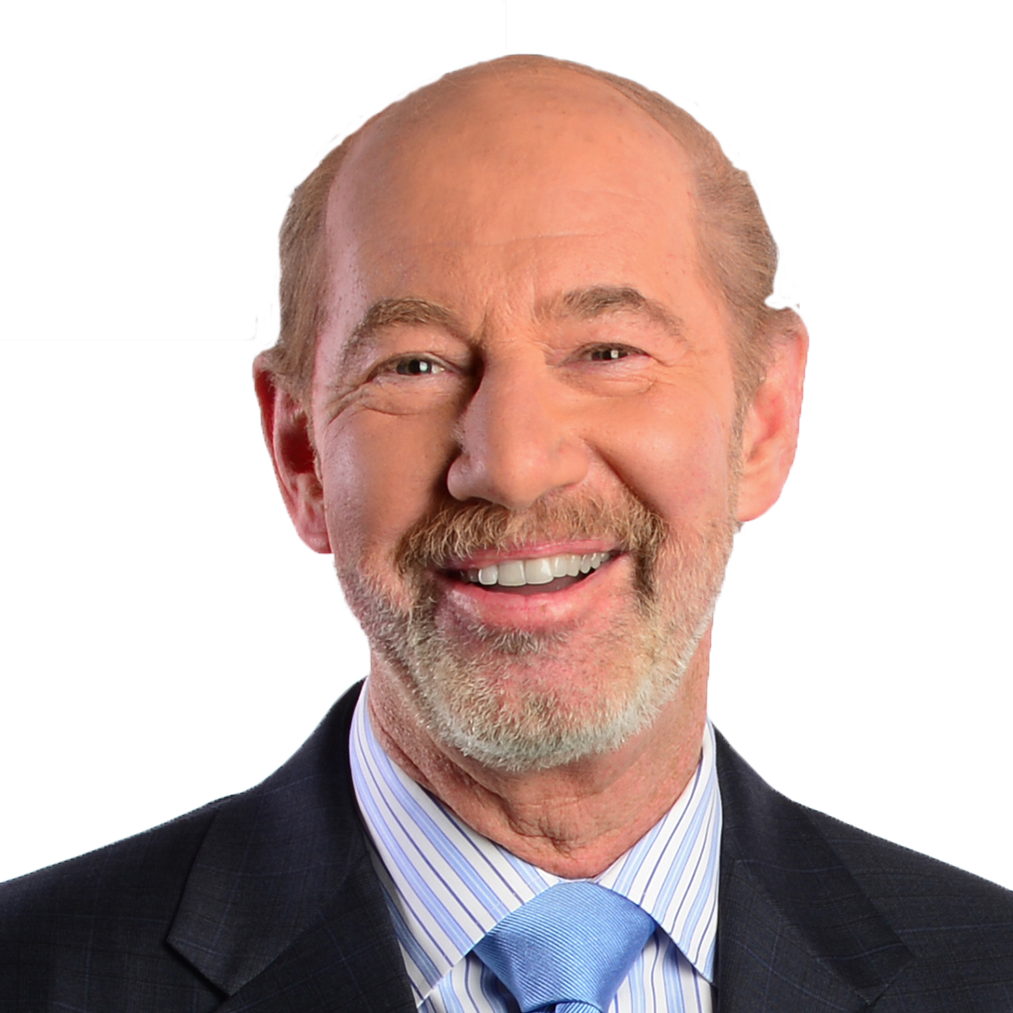 Tony Kornheiser
Tony Kornheiser Jackie MacMullan
Jackie MacMullan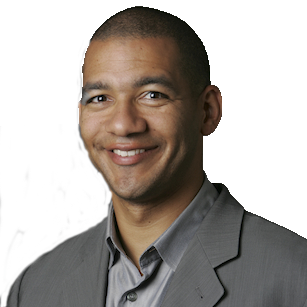 J.A. Adande
J.A. Adande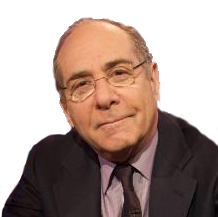 Robert Lipsyte
Robert Lipsyte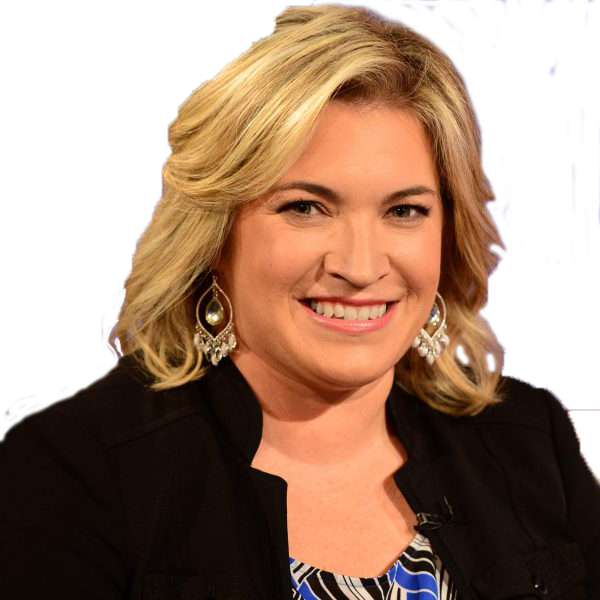 Ramona Shelburne
Ramona Shelburne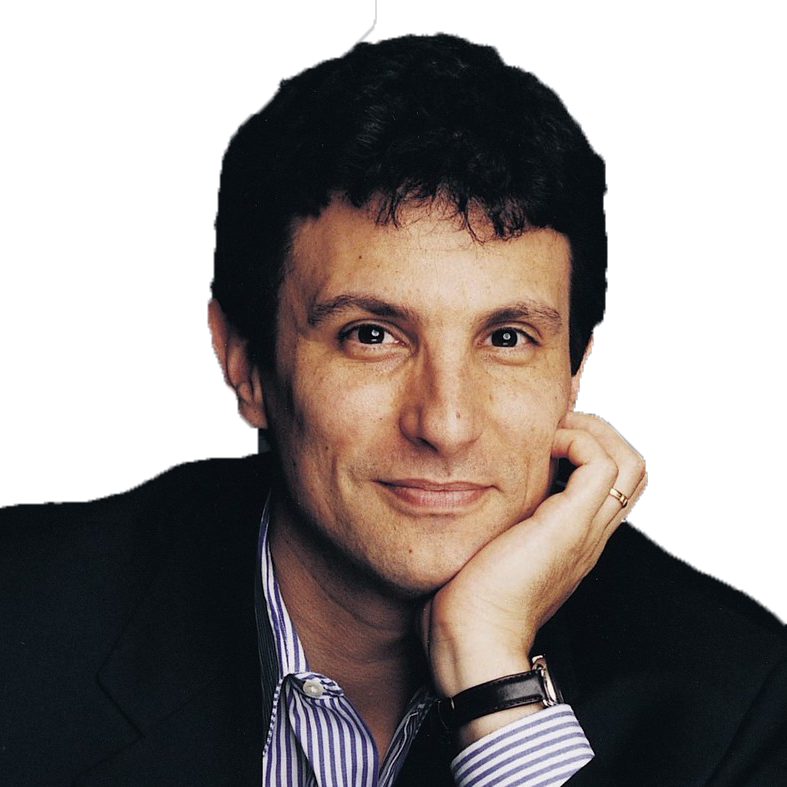 David Remnick
David Remnick Bryan Curtis
Bryan Curtis Chuck Culpepper
Chuck Culpepper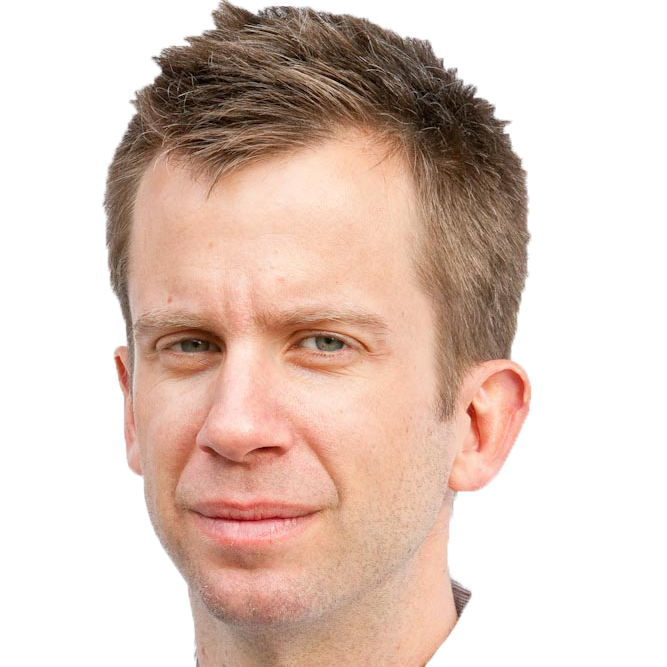 Jason Gay
Jason Gay Heidi Blake
Heidi Blake Dan Steinberg
Dan Steinberg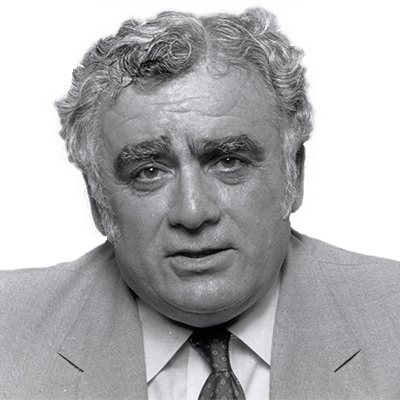 Jerome Holtzman
Jerome Holtzman Barry Svrluga
Barry Svrluga
